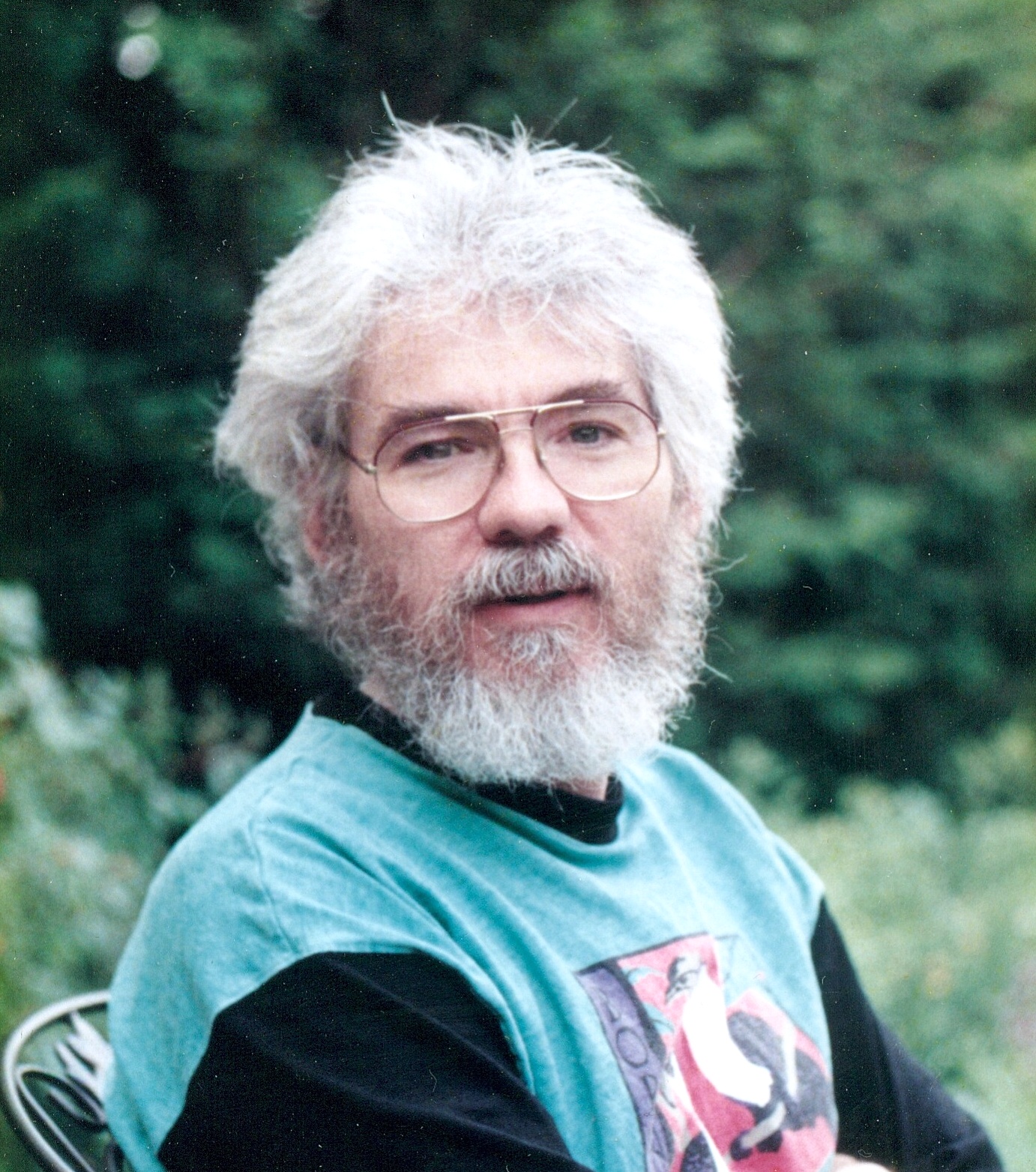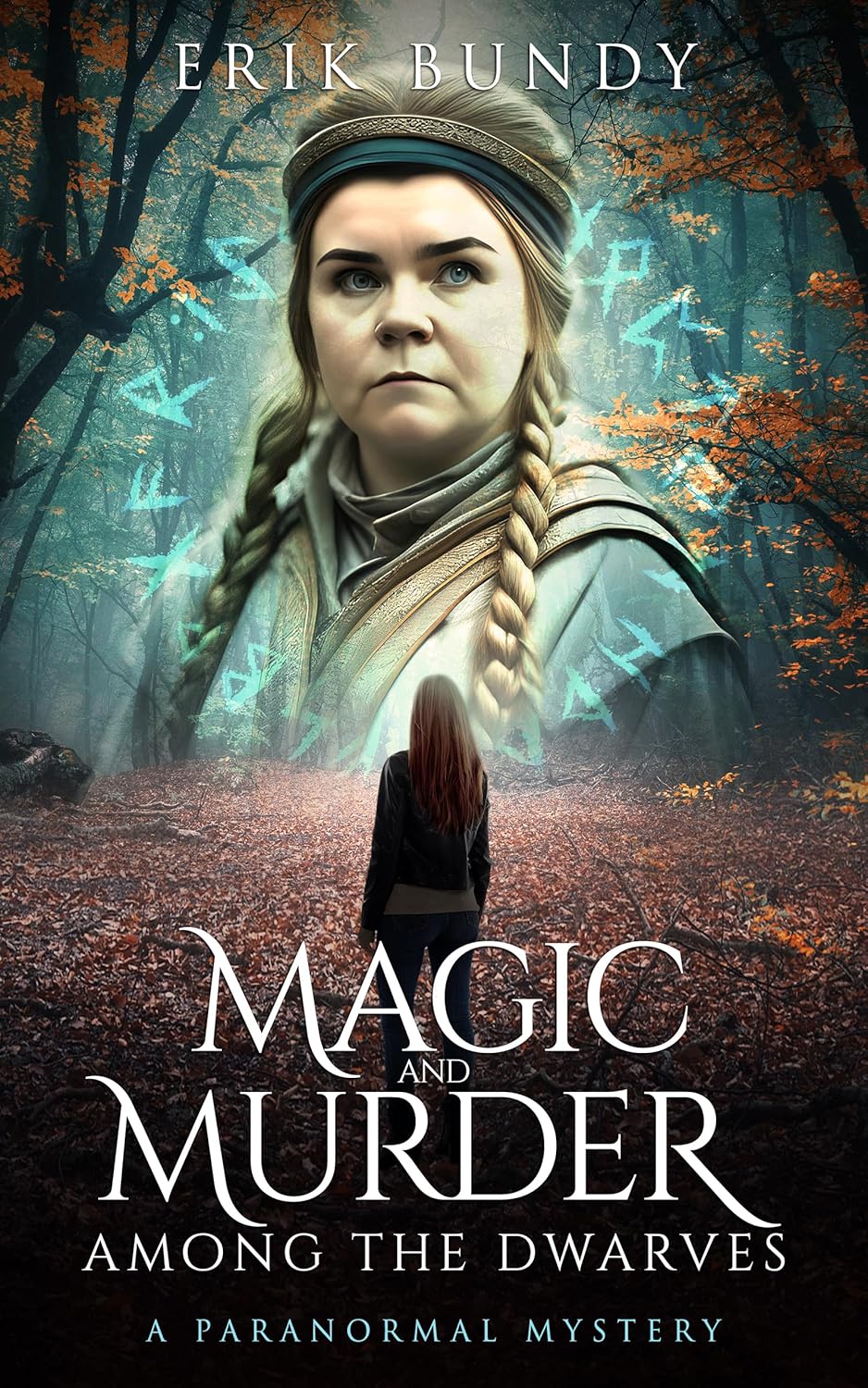BY ERIK BUNDY
“SOMETIMES YOUR WORST ENEMY IS INSIDE YOU.”
Is Amanda’s psychic ability a blessing or a curse? Recently widowed, she moves to a mountain town to quietly grieve and to live a normal life. But her neighbors, who never come above ground until after dark, ask her to find a missing baby, then to solve a gruesome murder for them.
As she chases the brutal and clever killer, Amanda’s life becomes part of the deadly stakes.
Then the dark side of Amanda’s psychic power turns against her. Now she faces an evil presence more sadistic and cunning than any murderer. She must face down her fear and outwit an enemy who cannot die.
Now she is fighting not for a normal life but to stay alive. And death is no longer the worst fate that can happen to her.
EXCERPT:
Fate didn’t announce itself by rapping its hard-luck knuckles against my green cottage door. Nor did it bother to crawl in through my cranked-open bathroom window. So I gave it no more attention than I did the mountain air I breathed every day. That was my downfall, my sin. Fate might forgive greed, gluttony, or even bloodlust, but it never ignores being ignored. It punished my neglect with death and a demon. It yoked guilt like a leprous shadow to my heels.
Fate’s wakeup call came to me one cool spring night after I had lived on Crying Woman Lane for about a year. I was in bed, just skirting along the edge of sleep, when a guttural, female voice called, “Amanda,” through my window screen.
My bedside clock, instead of displaying numbers, looked back at me with a luminous green eye. Startled, I watched it, waiting to see if this obvious sign would make its meaning known. The eye winked, and the clock became normal again with the numbers 11:02 brightly displayed. The numbers added up to four, the number of wholeness. It didn’t describe me at the moment.
Fully awake, I rose up on one elbow, tucked a tuft of hair behind my right ear, and listened. Beyond my open window, the tidal racket of katydids rose and fell with the shrill anguish of self-centered insects braying for sex. I stayed quiet, hoping the female would go away but knowing I shouldn’t let her leave. The sign indicated this meeting was important. On the other hand, my body felt raw and jangled with a restless need for sleep. She could come back.
A second time she called my name from the tangle of darkness and moonlight in the woods. At least it was not a ghost’s voice. It had breath in it. The throaty intonation, though, was not quite human, the vowels veined in iron, the consonants ancient and startling.
“Not tonight,” I yelled back.
“Now,” the female insisted.
I punched my pillow. My eyes felt dry as dust, gritty, and probably looked as though threaded with varicose veins. One consolation was that they paid in gold, and come flood or parching drought, I was going to make them pay me a bucketful of nuggets this time.
Peevish as a cat sprayed with a garden hose, I delayed getting up and wished mouth sores on the jolly, jowly realtor who had sold me this cottage a year before.
Handing me two sets of door keys, he had said, “There’s one other little thing you might want to know.” His blue eyes twinkled. “Most of your neighbors are a bit peculiar. They live in a colony and only come above ground after dark.”
I knew about dwarves, of course. Everybody did, but I hadn’t known my newly bought property bordered the treaty land of one of their colonies. The realtor had lied by saying nothing. He had conned me, a young widow, and deserved the ulcerated mouth I wished on him now.
When the realtor saw his late disclosure angered but didn’t alarm me, he threw his head back and yodeled laughter at a ceiling fan. “They’re allergic to sunlight, see.” His eyes widened with mock delight. “It paralyzes them, turns them into granite statues.” He held up an open hand. “Scout’s honor, petrifaction is their preferred method of suicide. It’s painless, see. It’s clean and saves their families the cost of a funeral pyre.”
He patted my arm as if to let me know I didn’t need to thank him for the favor of his settling me near these considerate suicides. Not amused, I flinched away from his presumptive familiarity. Sourwood was a valley village isolated by mountains, a place where everyone bumped into everyone else often. He and I would meet again.
“Don’t expect a Christmas card from me,” I told him and punched his forearm.
All the same, the realtor had been wrong, and I took childish satisfaction in that. Tall Tristan, he with the precious green eyes, and my closest human neighbor, had put the lie to that tale. The suicidal dwarves didn’t turn themselves into fossils to save their heirs the price of a funeral pyre. No, they did it for revenge.
They bequeathed a monumental problem to their daughters and sons. Where do you put Uncle Steen after he has become a statue of himself? The irascible Uncle Steens of the colony usually committed suicide because they felt unwanted and ignored. On their granite faces after death were the smirks of those who knew they now had their kinfolks’ full attention, even if only for long enough to find permanent storage for them.
So why would a female dwarf come calling on me? Did she want to use my psychic power, my oddsense, to find another killer? I had already solved two dwarf murders for Brialdur, the colony’s sheriff. He had been considerate enough, though, to come calling just after sunset while I was still awake.
A chesty cough for attention outside curtailed my reverie of resentment. I was not being neighborly. I glanced at the clock and saw only the time, no eye or other sign. Oh well, you couldn’t ignore a dwarf any more than you could the constant flush of a stuck toilet.
I slipped out of my canopied bed and slid into a fuzzy white robe that fit my body like a sock. The dwarf outside knew I had gotten out of bed. She could hear a spider tickle along its web toward a struggling fly.
I baby-stepped through my dark living-room so as not to stub my toes against furniture, wrenched open the cottage’s reluctant front door, and strutted outside onto the moonlit porch. There I knuckled my fists into my hips and stood balanced on both feet, my back straight, posed as if to wrestle any half-quart boogeyman that dared show up. I was a modern young woman, fearless and capable (with mace spray in my robe’s right pocket), and I didn’t care who knew it. Attitude was everything when dealing with dwarves.

Erik Bundy
Writer of Paranormal Mysteries, Carcassonne Mysteries and more.
Contact Erik
"Send me a message, if the urge strikes you. I will enjoy receiving it, and I have tendency to respond, though it may take awhile if I'm overseas."

